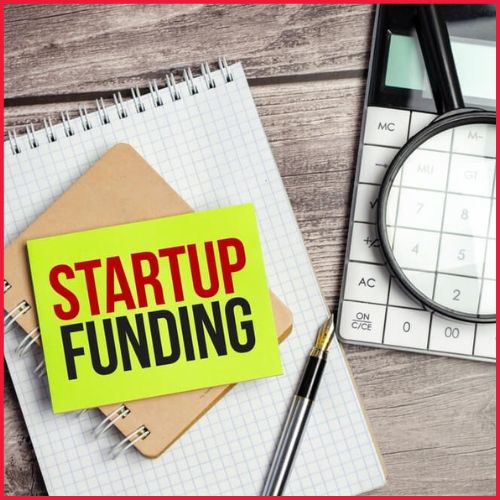In India, the minimum time for a startup to become a unicorn is six months and the maximum time is 26 years. 93 billion dollars were invested in 44 unicorns in India last year. Meanwhile, India got 14 unicorn companies valued at $18.9 billion in the first four months of 2022.
India seems to riding in the wave of unicorns as it witnessed the rise of 14 unicorns in just the first four months of 2022. May 2 came as the icing on the cake as the country was blessed with its 100th unicorn – Neobank Open.
With this accomplishment, India can now brag of producing one out of every ten unicorns in the world. The word “unicorn” refers to the rarest of rare companies with a valuation of more than $1 billion. The Indian Startup Ecosystem, the world’s third-largest in terms of unicorns, now has 100 unicorns with a combined valuation of $332.7 billion.
In India, the lowest and maximum time it takes for a startup to become a unicorn is 6 months and 26 years, respectively.
Also, Read Top 10 Unicorns in 2022
Last year, India received 44 unicorns worth a total of $93 billion. Meanwhile, India received 14 unicorns with a total valuation of $18.9 billion in the first four months of 2022.
The year 2021 saw a significant increase in the number of unicorns, with 44 firms joining the club with a total valuation of USD 93 billion. India gave birth to 14 unicorns worth a total of USD 18.9 billion in the first four months of 2022.
The entrepreneurial spirit abounds across the country, as evidenced by the proliferation of Department for Promotion of Industry and Internal Trade (DPIIT) accredited startups in 647 Indian districts encompassing all 36 States and Union Territories.
Since the initiative’s inception on January 16, 2016, more than 69,000 companies have been recognised throughout the country till May 2, 2022. We have identified startups tackling challenges in 56 varied areas, including 13 percent from IT services, 9 percent from healthcare and life sciences, 7 percent from education, 5 percent from professional and commercial services, 5 percent from agriculture, and 5 percent from food and drinks.
While each business’s path to becoming a unicorn is unique, the lowest and maximum time for a startup to become a unicorn in India are 6 months and 26 years, respectively. Until fiscal year 2016-17, roughly one unicorn was added per year.
This figure has been expanding dramatically over the last four years (from FY 2017-18), with a whooping 66 percent Year-on-Year rise in the number of extra unicorns introduced each year.
As we approach the century mark in Indian unicorns, the domestic startup ecosystem remains committed to the aim of self-reliance and self-sustainability, as it has in the past. Atmanirbhar Bharat’s vision is firmly ingrained in the Startup Ecosystem and will continue to triumph in the next years.















